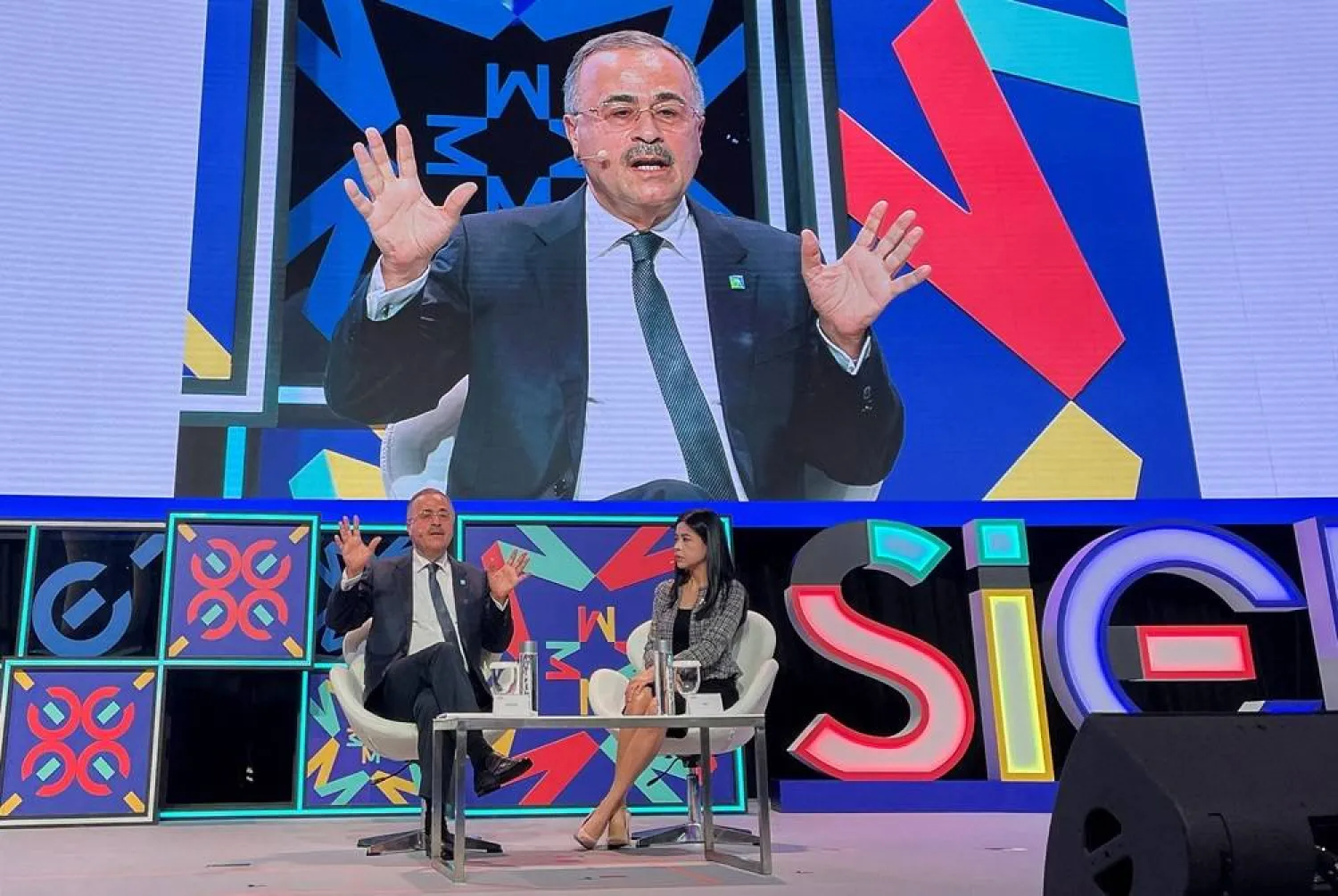Saudi Aramco is "fairly bullish" on China's oil demand especially in light of the government's stimulus package which aims to boost growth, the head of the state-owned oil giant said on Monday.
"We see more demand for jet fuel and naphtha especially for liquid-to-chemical projects," Aramco CEO Amin Nasser said on the sidelines of the Singapore International Energy Week conference.
"A lot of it is happening in China mainly because of the growth in chemical needs. Especially for the transition, for the electric vehicles, for the solar panels, they need more chemicals. So that's huge growth there," Nasser said.
Meanwhile, progress in the energy transition in Asia is far slower, much less equitable and more complicated than many have expected, he told the conference, calling for a reset in policies for developing countries.
Even with the transition, as economies expand and living standards rise, the Global South is likely to see significant growth in oil demand for a long time, and while that growth will stop at some point, that is likely to be followed by a long plateau, Nasser said.
"If so, more than 100 million barrels per day would realistically still be required by 2050," he said in a speech at the Singapore International Energy Week conference.
"This is a stark contrast with those predicting that oil will, or must, fall to just 25 million barrels per day by then. Being short 75 million barrels every day would be devastating for energy security and affordability."
Countries should choose an energy mix that helps them meet their climate ambitions at a speed and manner that is right for them, Nasser said. "Our main focus should be on the levers available now."
These include encouraging investments in oil and gas that developing nations need and can afford, and prioritizing the reduction of carbon emissions associated with conventional sources by improving energy efficiency and developing carbon capture, utilization and storage (CCUS).
Despite trillions of dollars being invested in the global energy transition, oil and coal demand are at all-time highs, dealing a "hammer blow" to energy transition plans, he said.
Asia, which consumes over half of the world's energy supplies, still relies on conventional resources for 84% of its energy needs. Rather than displacing demand for conventional energy, alternatives are mostly meeting consumption growth, he said.
The shift to electric vehicles (EV) in Asia, Africa and Latin America is lagging that of China, the US and European Union as consumers struggle with affordability and infrastructure concerns, he said.
The progress of EVs has no bearing on the other 75% of global oil demand, Nasser said, as massive segments like heavy transportation and petrochemicals have few economically viable alternatives to oil and gas.
Developing countries may require almost $6 trillion each year to fund the energy transition, and Nasser called for them to have a greater say in climate policy-making.
"But Asia’s voice and priorities, like those of the broader Global South, are hard to see in current transition planning, and the whole world is feeling the consequences."









